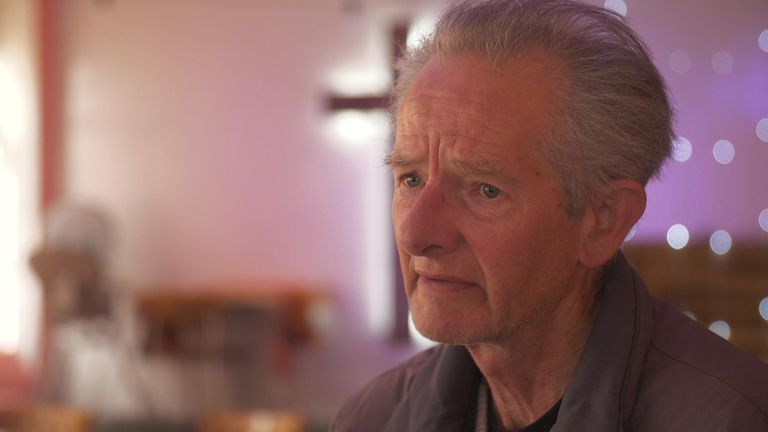[ad_1]
Prices of the cheapest food items in supermarkets have surged in the past year, with campaigners warning that the poorest families are being disproportionately hit by the cost of living crisis.
According to data from the Office for National Statistics (ONS), the lowest priced goods are rising in cost at around the same rate as food overall – up by an average of 6-7% from April 2021 to April 2022.
For low income families already squeezed by inflation, the increasing cost of lower-priced items means a larger proportion of their budget is now being spent on food.
Two signs UK housing market may be slowing – cost of living latest
Looking at a selection of 30 items, the ONS found that the prices of five items had shot up by 15% or more. The cheapest pasta products have soared by more than 50% since the start of the year.
The price of the cheapest 500 gram packet of pasta was 53p last month, compared to 36p a year ago, while an 800 gram loaf of bread rose by 16% to 54p.
In cash terms, the biggest increase was in the cost of 500 grams of minced beef, which rose by 32 pence to £2.34.
The price of the lowest-cost fruit juice was up 14% on this time last year – although it is down slightly from its peak in October, when it was 22% higher than April 2022.
While the ONS discovered “considerable variation” among the 30 items it looked at, with potatoes having actually gone down in price by 14% on last year, anti-poverty activists warned the overall picture was troubling.
Read more:
Britons warned to expect ‘apocalyptic’ food prices
How much is your spending going up? Use our cost of living calculator
‘It’s far more expensive to be poor’
Activist Jack Monroe warned MPs in March that prices of essential items were increasing, while some supermarket value ranges had disappeared from shelves, meaning the true cost of living hasn’t been reflected in inflation figures.
She said: “That then makes it difficult to identify that a £20 a week food shop a few years ago gets probably about two thirds of what you’d be able to get for that £20 now.”
In a tweet posted following the ONS data release, Ms Monroe said that she had been vindicated.
“As I have said for 10 years now, and as many others have pointed out before + alongside me, it’s FAR more expensive to be poor,” she wrote.
“And now the literal experts in data gathering and statistics are helpfully, methodically, forensically backing that up. This feels like huge progress.”
[ad_2]









